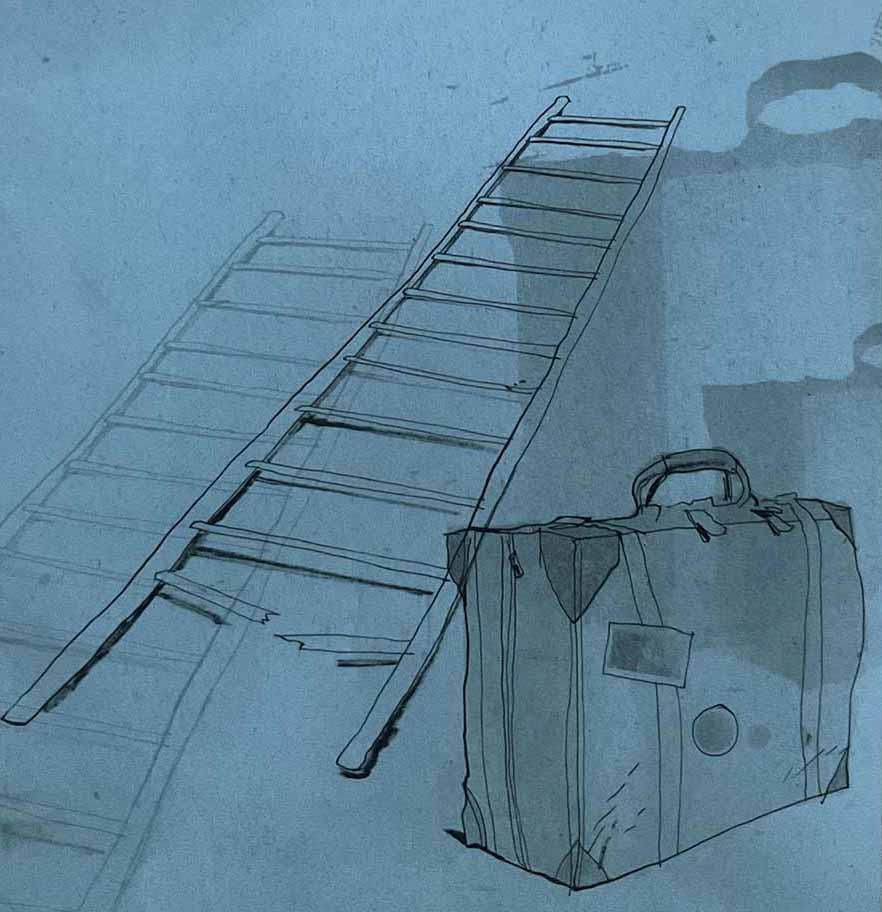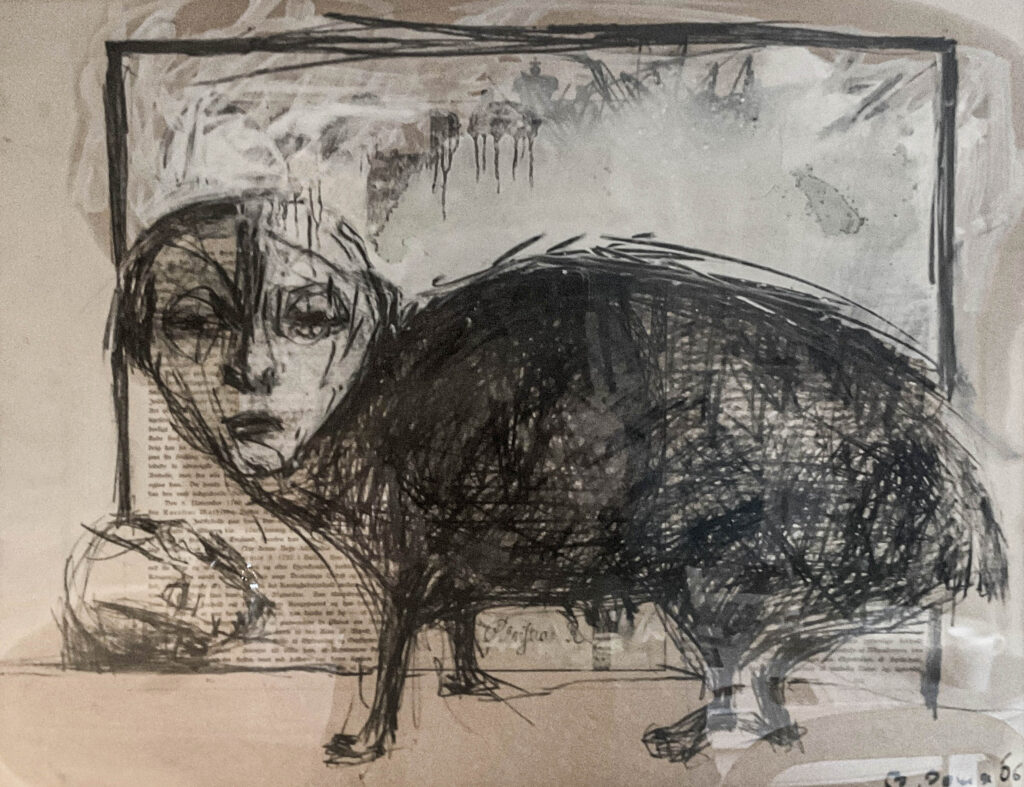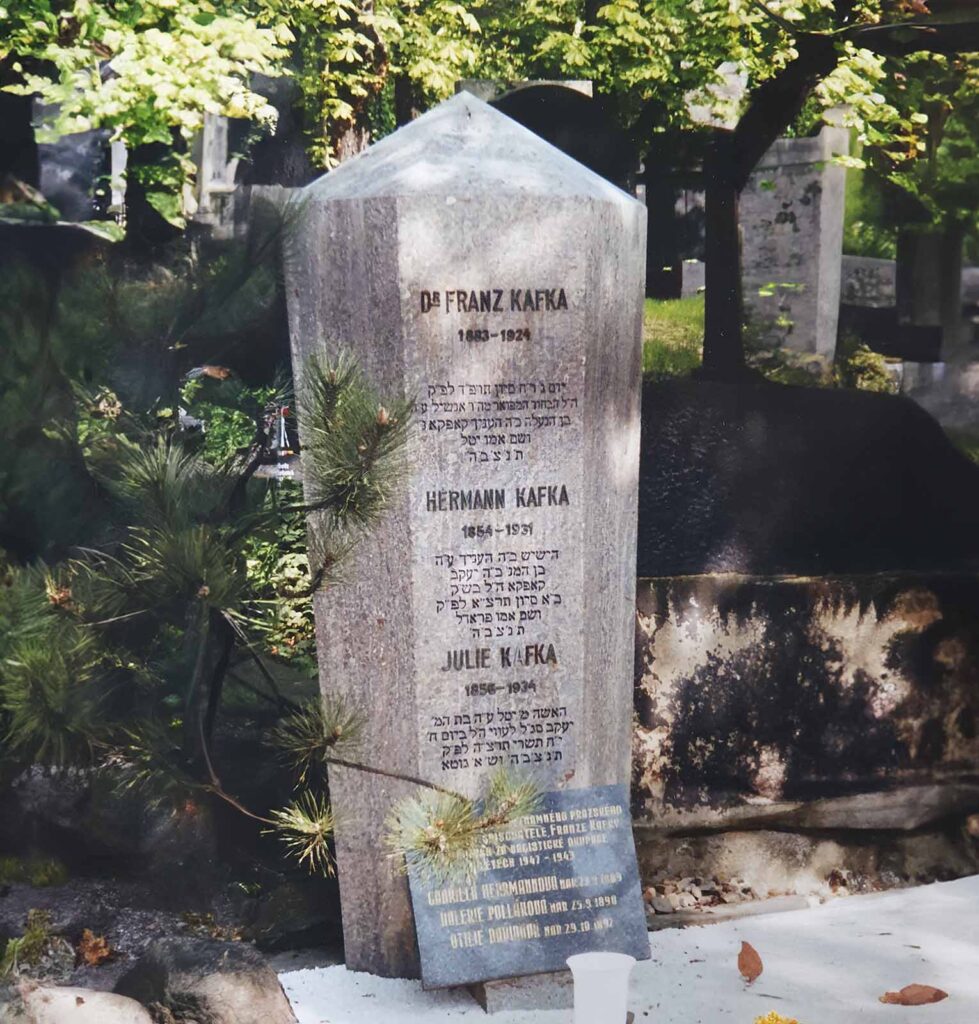
DANISH, YET FOREIGN
The author’s parents were Russian- Jewish refugees that arrived in Denmark in the beginning of the 1900’s and much of the inspiration for her novel is based on that background.
The narrator grows up in a Jewish family in the shadow of the Second World War when suppression and smoldering antisemitism exist alongside one another. Throughout her entire childhood and during a good part of her youth she is kept unaware about the fate of the Jewish people during World War II. There is an unspoken agreement in the family to remain silent about what happened in an attempt to protect particularly the younger members of the family. But everything that is left untold grows to immense proportions in the mind of the child.
Kristeligt Dagblad (major Danish newspaper) wrote, ”Even in an international context the novel’s portrayal of the Jewish silence after the War and the impact that silence had on the next generation is of extreme relevance today. The novel is truly an impressive piece of work.”

KAFKA FOR BEGINNERS
An Introduction to Franz Kafka’s Authorship
Familiarize yourself better with Franz Kafka, the author who almost 100 years after his death continues to deeply inspire artists as well as challenge his readers around the globe. Why is Kafka’s name so often used by the avante-garde meeting places around the world and why is the concept ”kafkaesque still relevant for us today? Birte Kont uses as her point of departure the time, place, themes, tendencies, and conditions as seen from a cultural as well as literary historical perspective that were predominant in Prague at approximately the turn of the 19th century to tell about Kafka’s authorship in terms of his universal themes and his black, absurd humor. She also includes his lifelong conflict with his father and the women in his life who influenced his work. One of these women, Dora Diamant, with whom Kafka lived in Berlin from the autumn of 1923 until shortly before he died of tuberculosis almost a year later, would play a particularly significant role.

KAFKA FOR KAFKA AFICIONADOSA
Franz Kafka – a modern Jewish Thinker
If you read Kafka’s works in light of his Jewish origin and Jewish world view you will discover something significantly new: everything in Kafka’s life and work was expressed through his Jewish identity. You will see that Kafka was involved in the big questions and topics of his time and was preoccupied with Jewish identity and the Jew’s position in the antisemitic society in which he lived, namely Prague at approximately the turn of the 19th century. You will find the significance of the negative Jewish identity upon discovering that the theme of the exile runs throughout his work and that Kafka’s lifelong disparity with his father demonstrates a generational clash of values. That clash goes beyond his own personal story and time in which he lived and points toward a specifically Jewish conflict we ourselves are faced with today in terms of the clash between the modern secular world and that of traditional religion.